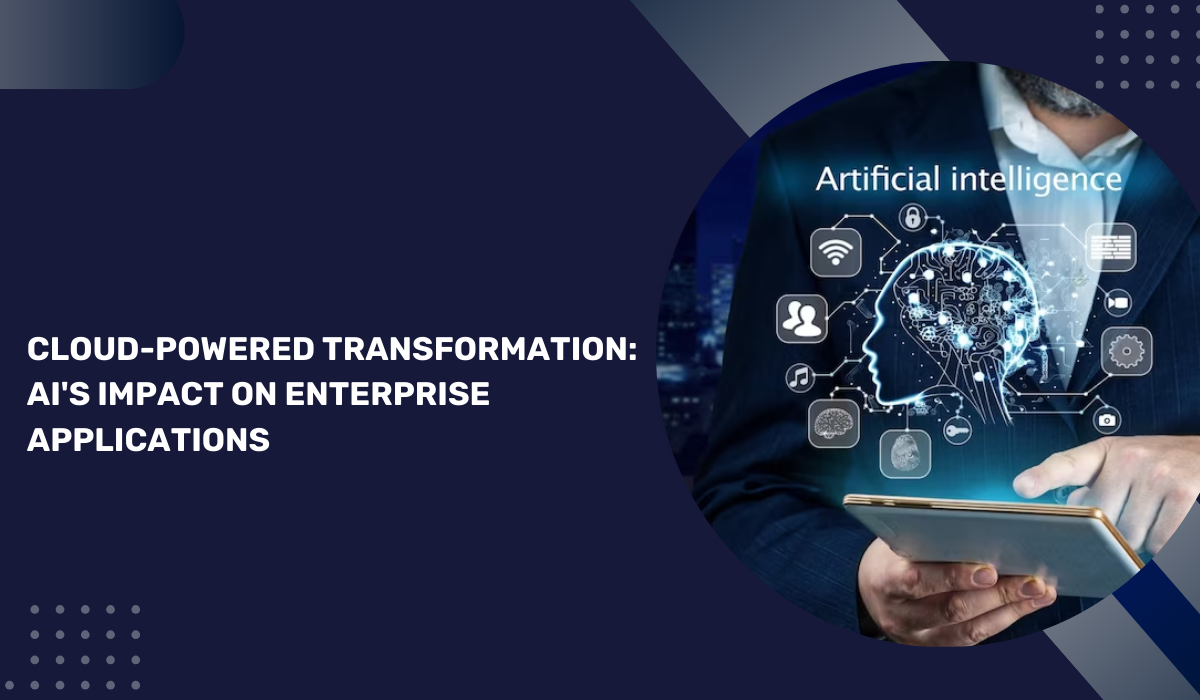
Artificial Intelligence (AI) is inherently neutral, placing the responsibility of ethical decision-making on the humans and organizations driving these technologies. The profound impact of decisions made in the AI realm, both positive and negative, underscores the need for ethical values and responsible governance. AI has introduced disruptions and adaptations, addressing challenges like the digital divide and social unrest while simultaneously revolutionizing traditional sectors such as agriculture, healthcare, and education. As 2024 commences, AI, particularly GenAI, remains at the forefront of discussions among leaders and developers.
The integration of AI into the cloud is poised to reshape enterprise applications dramatically over the next five years. The synergy between cloud and AI promises enhanced integration, scalability, performance, cost savings, and security for organizations. Leveraging AI's automation capabilities alongside the flexibility of the cloud allows businesses to predict operations better and scale with a variety of AI solutions tailored to their needs.In 2024, GenAI is set to challenge conventional practices across industries, introducing innovative experiences from customer service chatbots to language translation. This transformative technology facilitates tracking and maintaining the performance and utilization of business applications and services, minimizing potential downtime and optimizing overall efficiency.
The significance of clean and quality data becomes evident in 2024, emphasizing that AI is only as effective as the data it relies on. With vast amounts of data flowing through business systems and networks, organizations turn to trusted technology providers like SAP to access, visualize, and act decisively on the data they need for success.As GenAI matures in 2024, developers will increasingly utilize it to create new products and services, automate repetitive tasks, enhance software quality, generate innovative ideas, and personalize software development. Simultaneously, the call for governance frameworks becomes imperative to ensure the responsible commercialization of AI. Striking a balance between regulations that guide ethical practices and fostering innovation is crucial for shaping the future of AI, businesses, and humanity as a whole. The decisions made today will shape the trajectory of AI and our collective future.